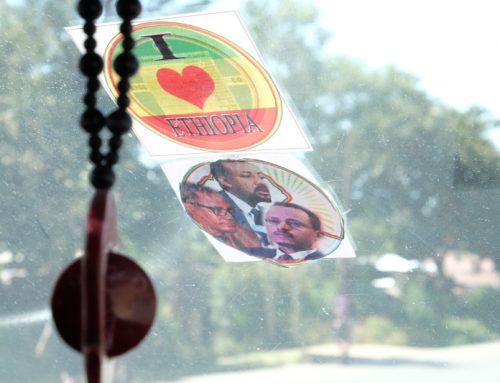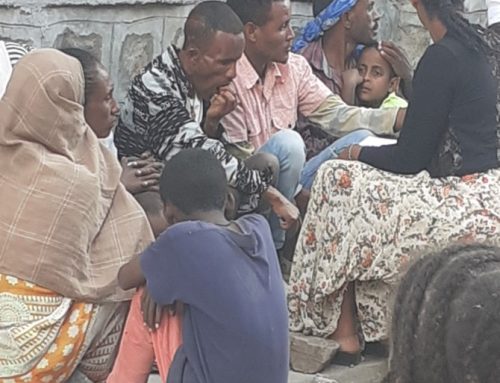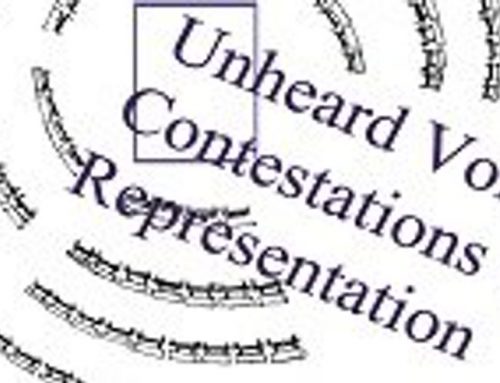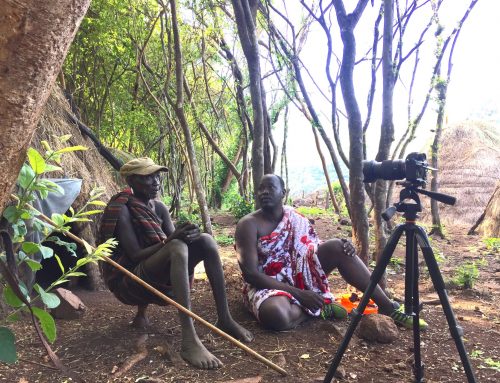Deribe Assefa Aga, Arsema Worku Tiduneh, Terefe Zeleke Abebe, Kassa Teshager Alemu
This interdisciplinary project assessed perceptions about democracy and its challenges, in Ethiopia; asking: who is responsible for deepening democracy yet further in the country? Using a mixed-methods approach, the project addressed four research questions: (1) How do political actors (individual citizen, media and political parties) think democracy is performing when measured in terms of the rule of law, social accountability, free and fair elections, protection of human rights, and economic equity? (2) How does the government’s rhetoric around democracy impact people’s belief and trust in its sincerity? (3) What do various political actors regard as barriers to deepening democracy? (4) What is the role and function of political actors like the media, political parties, civil society organisations, and individual citizens in deepening democracy in Ethiopia?
Using survey data collected from 900 households, 10 key informant interviews, and a focus group discussion with political parties, civil society organisations, and the media, the team arrived at a number of findings. These included negative citizen perceptions about democratic performance in the country, due to a lack of meaningful reforms and the impact of a conflict-based political culture, resulting in low public trust in government. Also, non-governmental political actors appeared to play a minimal role in deepening democracy, although the team’s findings suggested that this is tempered by the fact that the political space in Ethiopia had become largely promising as a result of Government reforms since April 2018.
“A major finding of our project was that Ethiopia is struggling to accommodate two competitive ideologies – one based on identity or ethnic politics and the other on civic nationalism politics. And this is further complicated by religious conflict. More broadly speaking, elite parochialism has dominated political culture to such an extent and for such a long time that the concept of widening political participation has not had any real traction. And amongst the people, there is a tendency to speak and not listen, so there’s no productive dialogue going on, and people are placing their individual/group desires over their obligations to build solidarity across their differences. And this is worsened by an appeal to, and political strategy focused on, diversity over unity.”
There are a range of political mechanisms for deepening democracy detailed by the team in their project report. These include free and fair elections, institutional capacity-building, the fair and equitable distribution of resources, human rights protection, and building public trust; as well as an inclusive governance system. But they also want to address the issue of social divisiveness, which they see as integral to creating and sustaining democratic deficits and exclusion.
‘In addition to conducting research and making policy recommendations, we wanted to get people thinking differently about everyday democracy,’ says filmmaker Arsema Worku, who has long championed the role of art in conveying complex lives. The result is the short film ‘Political beliefs, social relations: democratic realities in Ethiopia’ about how democracy begins in households and communities.




